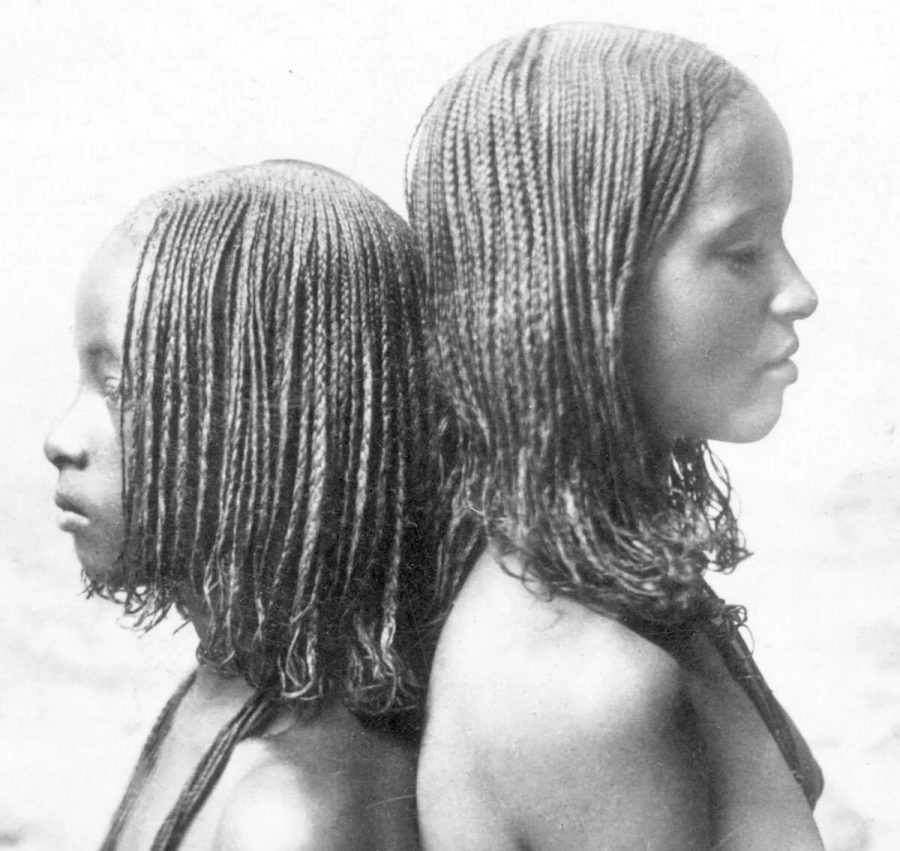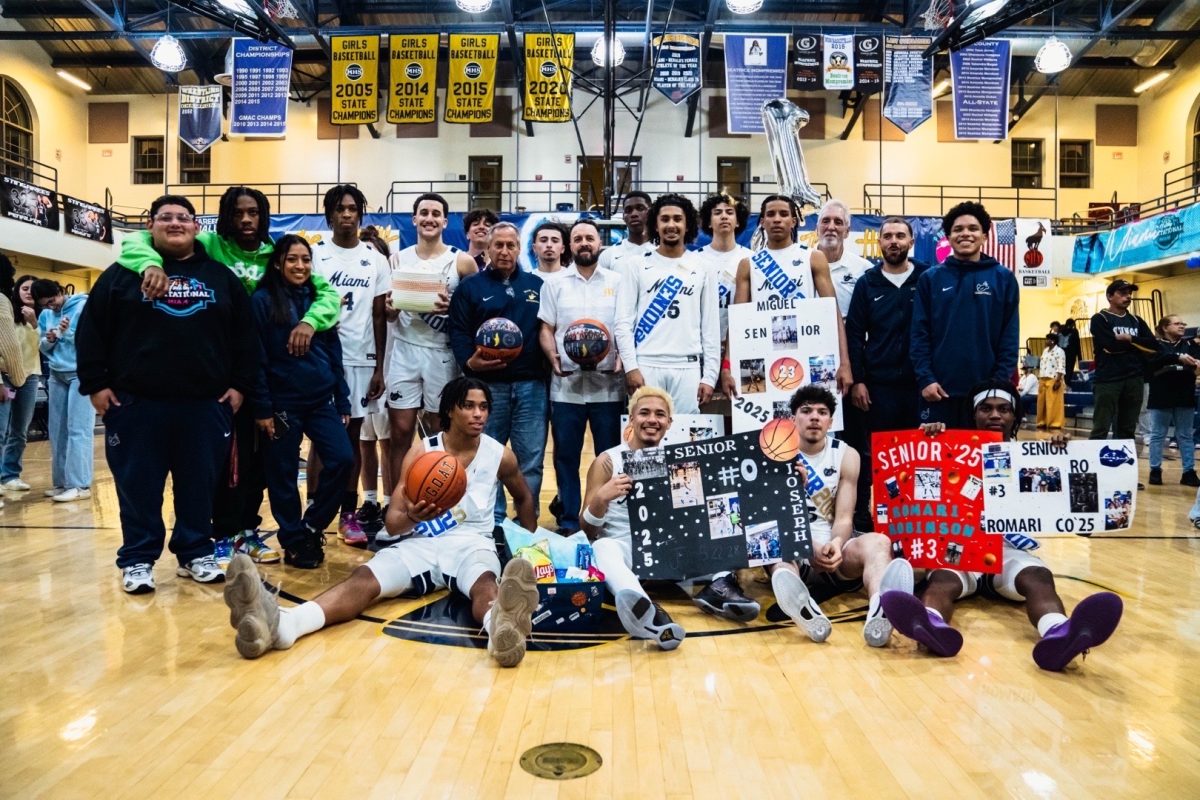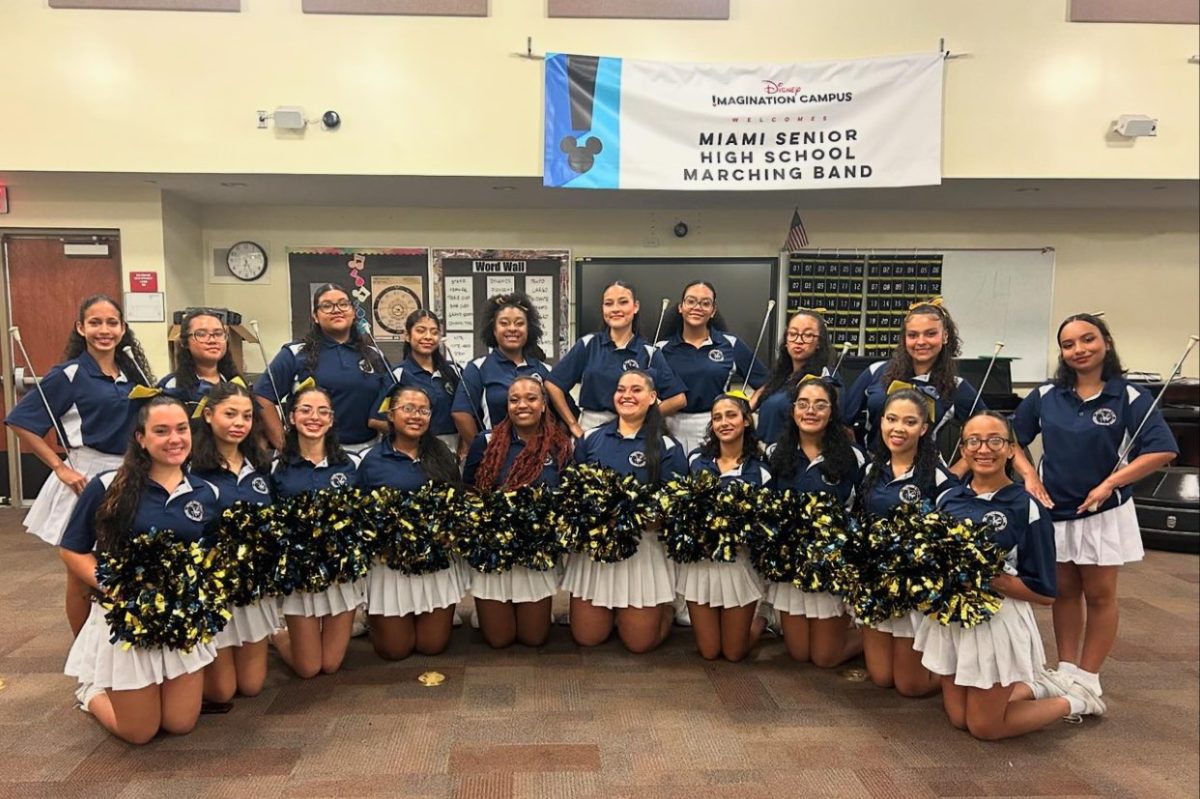Is “Good Hair” a Thing?
During colonialism, enslaved people not only wore their hair as a practical alternatives during long hours of labor, but also to honor their heritage. Enslaved workers were subject to better treatment if their hair’s texture resembled European hair.
October 26, 2022
If you are part of the curly hair community, then you have probably heard the phrase “bad hair” followed by “Why don’t you straighten it?” Although common, these racist comments are harmful and can cause people with kinkier textures to develop a sense of self hatred against innate characteristics.
In precolonial African societies, black hair was seen as part of one’s identity. Like Afros and cornrows in the 60s, these styles represented empowerment in the community. Tayo Bero, a reporter from the Canadian Broadcasting Corporation, stated that when the transatlantic slave trade began in 1526, these ideas and traditions were erased, replacing pride with shame. Black hair was seen as inferior due to its texture. This led to the “good hair” or “bad hair” narrative, which is the belief that “good hair” is the one closest to the white beauty standards, leaving people with curlier, kinkier textures to go to extreme processes in order to straighten it and be able to fit in.
Although the idea of “good hair” started during the slave trade, this narrative expanded to many cultures and countries. Besides the United States, countries with a large population of black people such as my country Dominican Republic (8.5 million), Cuba (7 million), Venezuela (4 million), and Ecuador (1.1 million) often engraved this idea to mostly young women.
In these countries we often see woman fixed on having straight hair. I used to be part of that community as well. I used to go to the hair salon and get a perm. Then get hair rollers and throw myself in the dryer at the hottest setting possible. Finally the blow dryer and hair straightener. Although it was hard process, this was the norm. My friends did it, so did their moms, grandmas, and aunties.
“Too difficult,” “too messy,” “too unprofessional,” are how people often describe black hair and these hair evaluations place a burden on the idea of beauty for those with kinkier textures. In a survey titled “Psychology of Hair and Self Perception” published by journalists Rudman and McLean, they measured black men’s and women’s reactions to photos of black celebrities. In the overall results, the male participants preferred those celebrities with smoother hair, while the women expressed no preference. When black men prefer women with straighter hair, women are then forced to assimilate to these standards, further lowering self-esteem and self-worth. It is now 2022 and time to do better.
Although meaning no harm, small phrases like “you look way better with straight hair” can add to the idea that black hair is not acceptable. Therefore, it is better to refrain from any kind of phrase that may imply changing kinky hair from its natural form. Instead, encourage natural hair and its beauty, whether it’ll be an Afro, braids, cornrows, or permed. Although it is a long journey in order to erase these everlasting prejudices, small actions can make a big change to create a better and more inclusive society for all.
Bored of your “straight” hair?
Here are some natural options
- Bantu knots
- Box braids
- Butterfly locs
- Corn rows







mayara c • Oct 27, 2022 at 8:52 pm
Thank you for this.